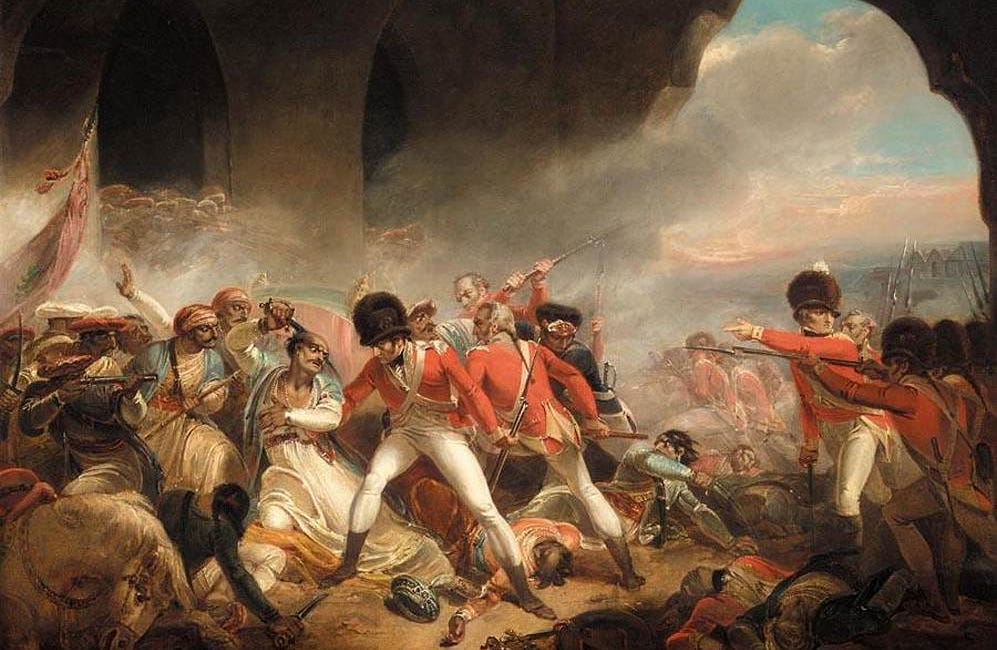How to Write the Perfect Premise: ‘I, Claudius’ (Robert Graves, 1934)
A review of I, Claudius, by Robert Graves (1934)
The premise is a vital component of any great novel. True, you can have a perfectly good book without an exceptional premise to frame it, but I doubt you can have a great one. Hyperion would not be nearly the same if it was not framed as a series of Canterbury tales style recollections. The epistolary Strait is The Gate would never be able to create the notion of closeness-at-a-distance if it was not largely composed of letters between the key characters. An exceptional premise allows a novel to approach narratives that would be difficult, if not impossible, to otherwise tell. It is for these reasons that I, Claudius is so perfect.
Robert Graves wanted to tell a story about the early days of the Roman Empire. The cast was ready made. Augustus, Tiberius, Livia and Caligula just for a start. All powerful and engulfing personalities who sat at the center of world-changing history. Good so far, but none could ever be a protagonist for they were too close to power, too close to events. How could they ever reflect? How could they ever evaluate their own flaws and virtues? Their situation at the center of history precluded any ability to understand it holistically. This is even more suspect when we look at the likes of insane Caligula or sadistic Tiberius. A commoner wouldn’t do either, for so much of early imperial history was played out as familial strife and its hazy connection to institutional power. If they aren’t in the inner circle, the protagonists would lack the insight to tell this story. Furthermore, if it was not a member of the imperial family, much of the emotional heft would have been lost in the recounting. For this was not your run of the mill family strife. Order in early Rome was maintained by targeted fratricidal murder. It was not just abstract political opponents being killed by the emperors, it was their brothers, sisters, cousins, nephews, and even their own children. So the narrator had to be in the imperial family, not in a position of power, and still manage to survive its endless dynastic purges. This narrowed the choice of narrator down to one person only: Tiberius Claudius Caesar Augustus Germanicus—known to us as Claudius.
Our eponymous hero, otherwise known as ‘poor uncle Claudius’ or ‘Cl-Cl-Claudius’, is a stumbling stammering fool whose own mother referred to him as "a monster of a man, not yet a finished product of nature”. Even the Oracle’s prophecy pokes fun at him. Of course, he’s not actually dim-witted or in any way monstrous (though he does have a limp and a stammer), but you’d act the fool too if any signs of intellect or ambition would likely lead to a vial of poison in your dinner (if lucky). He spends his time in anonymous dismissal studying history and staying out of the way. It is only by aping people’s preconceptions of him that Claudius manages to slip under the radar—close enough to imperial power to witness it all, but too insignificant to ever be noticed.
However, even by choosing Claudius as our protagonist, Graves was still faced with a challenge. For a man who is either closed out of decision making or forced to act the imbecile when in its presence, the opportunities to explore power are limited. How many times could we read about Claudius playing the fool at banquets or writing in his study? So rather than following Claudius as he stammers and stumbles through history, I, Claudius is premised as his autobiographical reflections. As a historian who later gains access to all the Empire’s classified documents (the only thing he thinks about when being eventually hailed emperor), Claudius was in a unique position to tell this story. With none of his actual histories surviving to us, Graves was given a free hand to interpret how Claudius would conceive of events and the plausible evidence that he would have deep insights into all of them.
What follows is a masterpiece. A lurid, incisive, and gossipy history by a lovable underdog in a world of insane and Machiavellian tyrants. It allows us to witness gladiators, mutinies, orgies, murder, black magic, kangaroo courts, and historical debates all in one seamless narrative. No other premise could have told the history of early imperial Rome so perfectly. Even if, as you sometimes suspect, Claudius’ version of events are as much a weapon as the poison, swords, and armies his relatives wield in their own struggles for power.
-Ben Shread-Hewitt
Other Reviews of Historical Fiction:
Carried by Hisory: ‘Sharpe's Tiger’ (Bernard Cornwell, 1997)
Sharpe's Tiger, by Bernard Cornwell (1997).Thanks for reading Hwiccen Review! Subscribe for free to receive new posts and support my work.
The Schoolyard Politics of Fascism: 'The Conformist' (Alberto Moravia, 1951)
A review of The Conformist, by Alberto Moravia (1951)
Utopia as Ideology: 'The Years of Rice and Salt' (Kim Stanley Robinson, 2002)
A review of The Years of Rice and Salt, by Kim Stanley Robinson (2002)
A Bastard’s Safari: ‘Flashman and The Redskins’ (George MacDonald Fraser, 1982)
Flashman and the Redskins, George MacDonald Fraser (1982)Thanks for reading Hwiccen Review! Subscribe for free to receive new posts and support my work.








